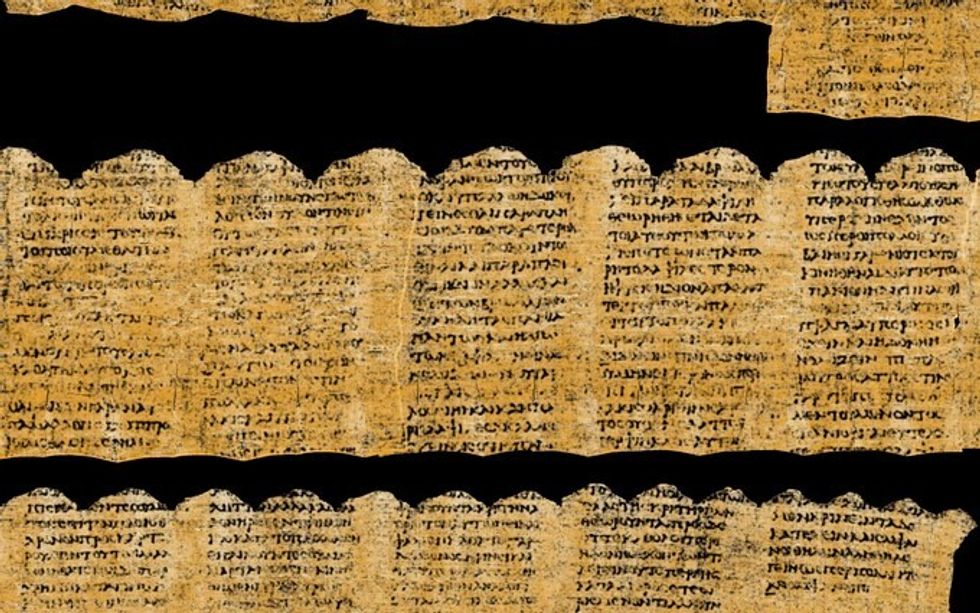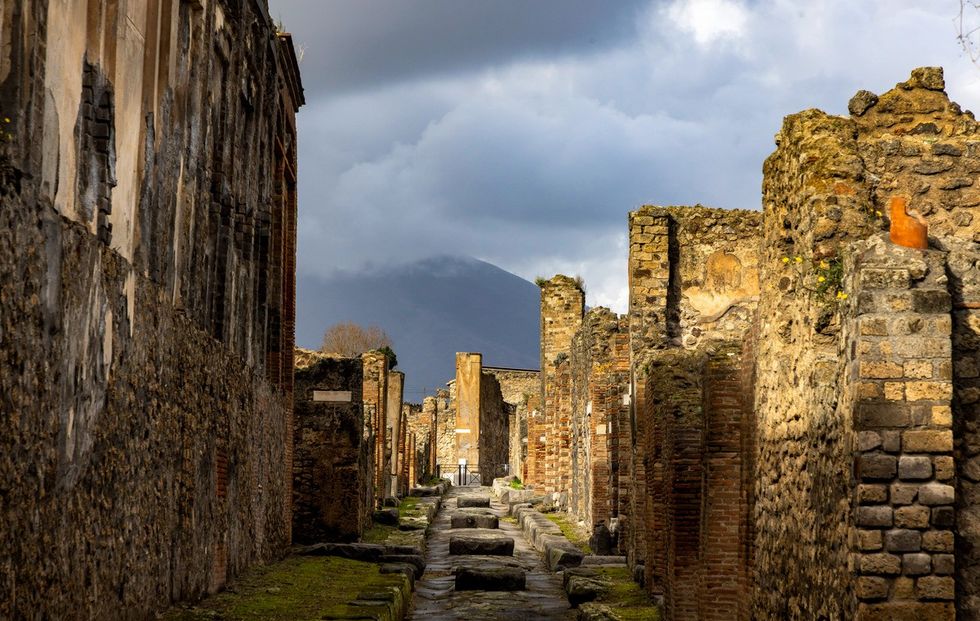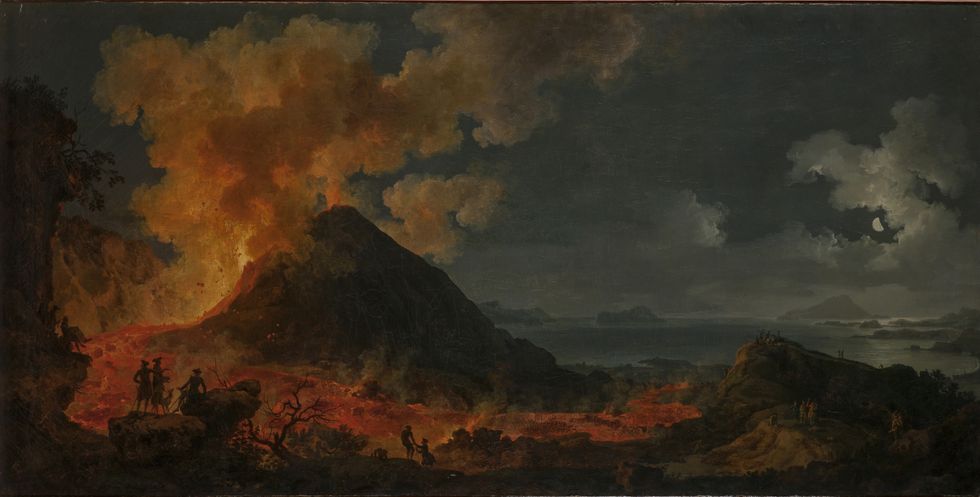Documents were discovered in 1752 but attempts to unfurl the charred scrolls proved unsuccessful
Don't Miss
Most Read
Artificial Intelligence has been identified as a potential way of reading 2,000-year-old scrolls buried by a volcanic eruption.
An eruption at Mount Vesuvius was thought to have turned documents into charcoal.
The Herculaneum Papyri now holds letters believed to have belonged to the family of Julius Caesar.
Documents were discovered in 1752 but attempts to unfurl the charred scrolls proved unsuccessful.

Documents were discovered in 1752 but attempts to unfurl the charred scrolls proved unsuccessful
VESUVIUS CHALLENGE
The collection is also believed to contain thousands of ancient texts, possibly including works by Aeschylus and Sappho.
Four passages have now been deciphered by a trio of students who used AI.
The intelligence enabled students to decipher 15 passages from digital scans of a seared scroll.
American computer science student Luke Farritor, Berlin PhD student Youssef Nader and Zurich scholar Julian Schilliger developed the tool in response to a global challenge set by US tech executive Nat Friedman and academic Brent Seales.
LATEST DEVELOPMENTS: A view of the ruined ancient Roman city of PompeiiGETTY
A view of the ruined ancient Roman city of PompeiiGETTYThe trio will share the $700,000 (£554,000) grand prize.
Farritor already won $40,000 after he decoded the first letters on the scroll.
The Roman town of Pompeii was buried by the eruption in 79AD.
Robert Fowler, a classicist and the chair of the Herculaneum Society, told Bloomberg: “Some of these texts could completely rewrite the history of key periods of the ancient world.

The eruption of Mount Vesuvius
GETTY
“This is the society from which the modern Western world is descended.”
Tobias Reinhardt, a professor of ancient philosophy and Latin literature at the University of Oxford, also said: “It’s a situation that you practically never encounter as a classicist.
“The idea that you are reading a text that was last unrolled on someone’s desk 1,900 years ago is unbelievable.”
An early analysis of the documents, which are still being translated, confirmed some of the scriptures concern food.
An author wrote: “In the case of food, we do not right away believe things that are scarce to be absolutely more pleasant than those which are abundant.”














